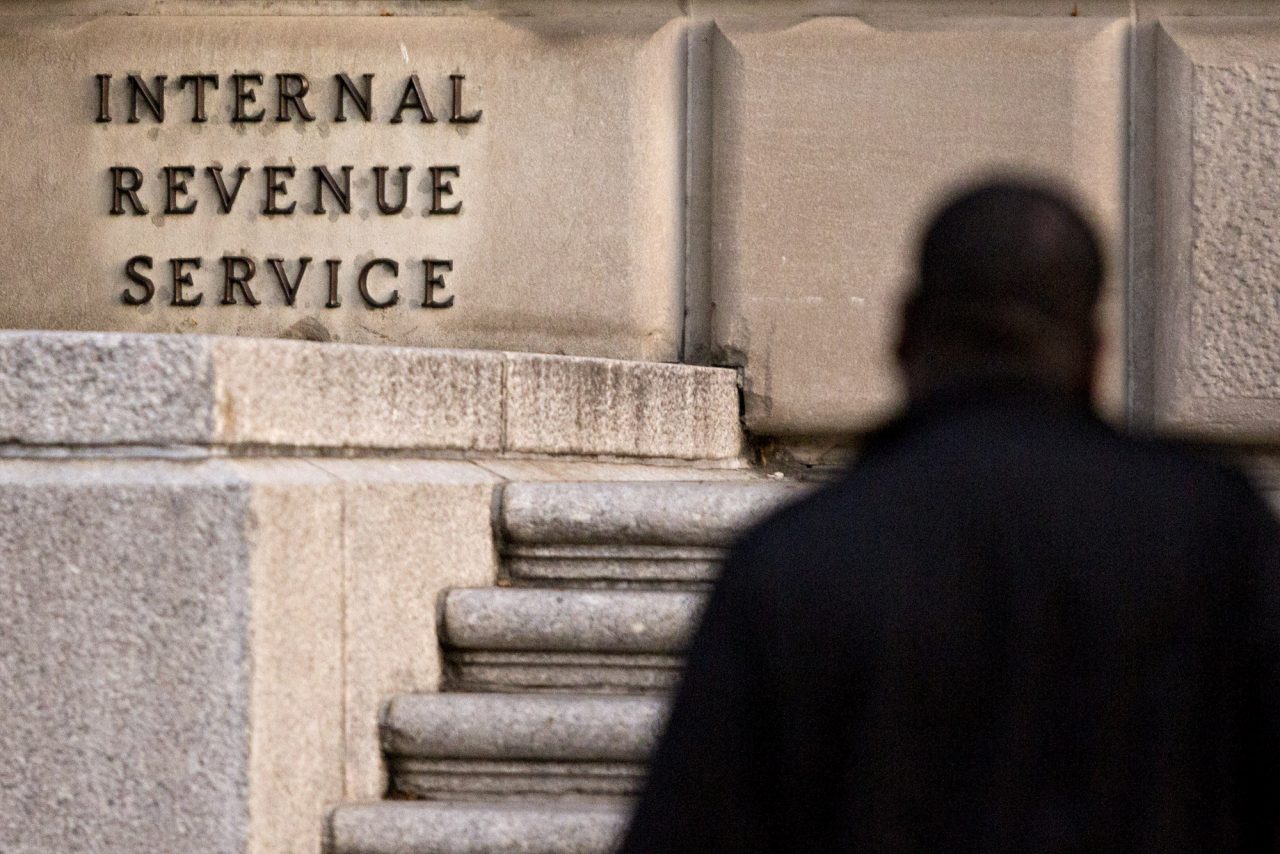IRS pushed to crack down on P2P payment apps

The Internal Revenue Service could be doing more to track unreported income flowing through increasingly popular peer-to-peer payment apps like Venmo and Zelle, according to a new report.
The report, issued Monday by the Treasury Inspector General for Tax Administration, found that the minimal reporting thresholds of $20,000 and 200 transactions that trigger the existing requirements for information return reporting presents challenges in how effectively the IRS is able to identify potential cases of tax noncompliance. The inspector general’s report recommended three ways for the IRS to crack down on unreported income, but the IRS was only willing to go along with one of them.
Congress passed a law in the midst of the financial crisis, the Housing and Recovery Act of 2008, that added Section 6050W to the Tax Code. It requires more third-party information return reporting by businesses to narrow the tax gap and identify potential noncompliance by requiring reporting of income above those de minimis thresholds. However, in the years since, P2P payment apps like Venmo and Zelle have grown in popularity, rivaling older ones like PayPal, Google Wallet and Square. But as these apps are generally used for transferring small amounts of money, they can skirt the reporting thresholds and result in income that’s not reported to the IRS.
“If the IRS is unable to effectively identify noncompliance, taxpayers may begin using P2P payment applications to conduct business, skirt third-party reporting, and avoid paying taxes on income,” said the TIGTA report.
